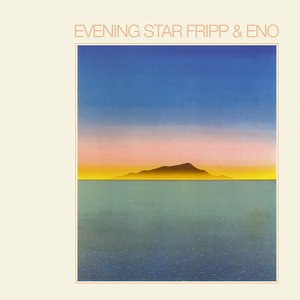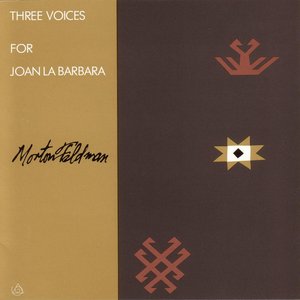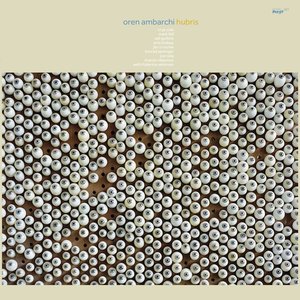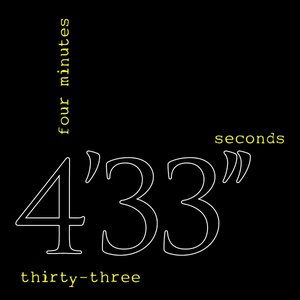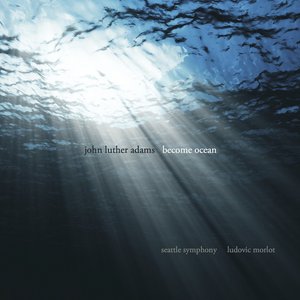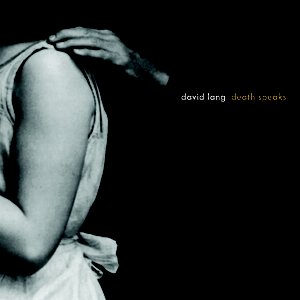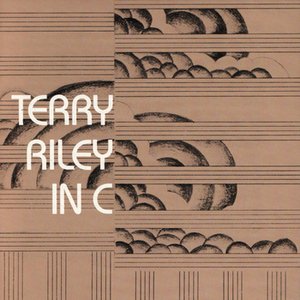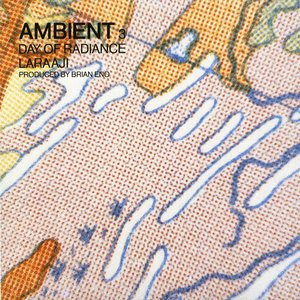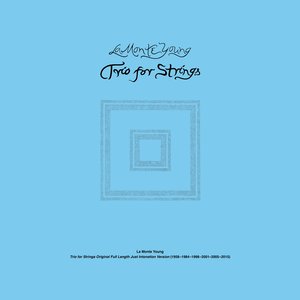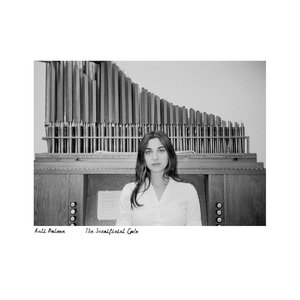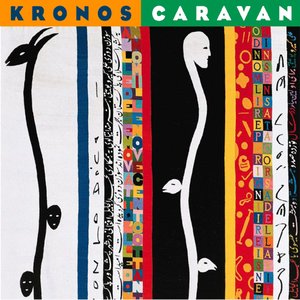Wiki
-
Release Date
1969
-
Length
2 tracks
A Rainbow In Curved Air is the third album by experimental music artist Terry Riley. Through the use of overdubbing, Riley plays all the instruments on the title track: electric organ, 2 electric harpsichords (a Baldwin electric harpsichord & a RMI Rock-Si-Chord), dumbec (or goblet drum), and tambourine.
The largely improvisational nature of the work, based on modal scales, owes much to jazz and Hindustani classical music. Some jazz musicians had explored overdubbing techniques before, notably Bill Evans, one of Riley's piano "heroes", on his classic album Conversations with Myself from four years earlier, with its three piano tracks; but Riley uses a far wider range of instruments and colors.
Although continuous in form, A Rainbow in Curved Air can be seen as having three distinct sections or "movements," like a classical sonata or concerto. The first "fast" section gives way to a more contemplative "slow movement" at 6:39. Then, the final more rhythmic section begins at 11:41, dominated by the dumbec, which creates a parallel to how a tabla enters in the final section of a Hindustani raga. The work then ends abruptly. The combination of the one-man-band overdubbing, electronic instruments, and improvisation made for a unique and influential recording, a defining psychedelic work of the 1960s, enhanced by its cover art and the peace poem that constitutes the liner notes.
The companion piece, which constituted the "B" side of the original album, is titled "Poppy Nogood and the Phantom Band." It also employs overdubbing, with Riley again playing all instruments, this time a soprano saxophone (inspired by the playing of John Coltrane) and electric organ. In addition, Riley used a time lag accumulator, consisting of two tape machines, looped audio tape, and a patch cord (this is the "Phantom Band" of the title). A note on the album explains that "The spatially separated mirror images were adapted for studio recording by Glen Kolotkin and resemble the sound Terry gets in his all-night concerts."
The original LP jacket includes a poem on the back cover, written by Riley:
And then all wars ended / Arms of every kind were outlawed and the masses gladly contributed them to giant foundries in which they were melted down and the metal poured back into the earth / The Pentagon was turned on its side and painted purple, yellow & green / All boundaries were dissolved / The slaughter of animals was forbidden / The whole of lower Manhattan became a meadow in which unfortunates from the Bowery were allowed to live out their fantasies in the sunshine and were cured / People swam in the sparkling rivers under blue skies streaked only with incense pouring from the new factories / The energy from dismantled nuclear weapons provided free heat and light / World health was restored / An abundance of organic vegetables, fruits and grains was growing wild along the discarded highways / National flags were sewn together into brightly colored circus tents under which politicians were allowed to perform harmless theatrical games / The concept of work was forgotten
LP Track listing
A1 A Rainbow In Curved Air (18:44)
B1 Poppy Nogood And The Phantom Band (21:39)
Total Time: (40:03)
Credits
Side 1: Electric Organ, Electric, ‘Rocksichord’ Harpsichord, Goblet Drum (Dumbec), Tambourine: Terry Riley
Side 2: Soprano Saxophone, Electric Organ: Terry Riley
Engineer: Glen Kolotkin, Roy Segal
Producer: David Behrman
Artwork: Virginia Team (Columbia LP Back), John Berg (Columbia LP Front)
Album descriptions on Last.fm are editable by everyone. Feel free to contribute!
All user-contributed text on this page is available under the Creative Commons Attribution-ShareAlike License; additional terms may apply.

